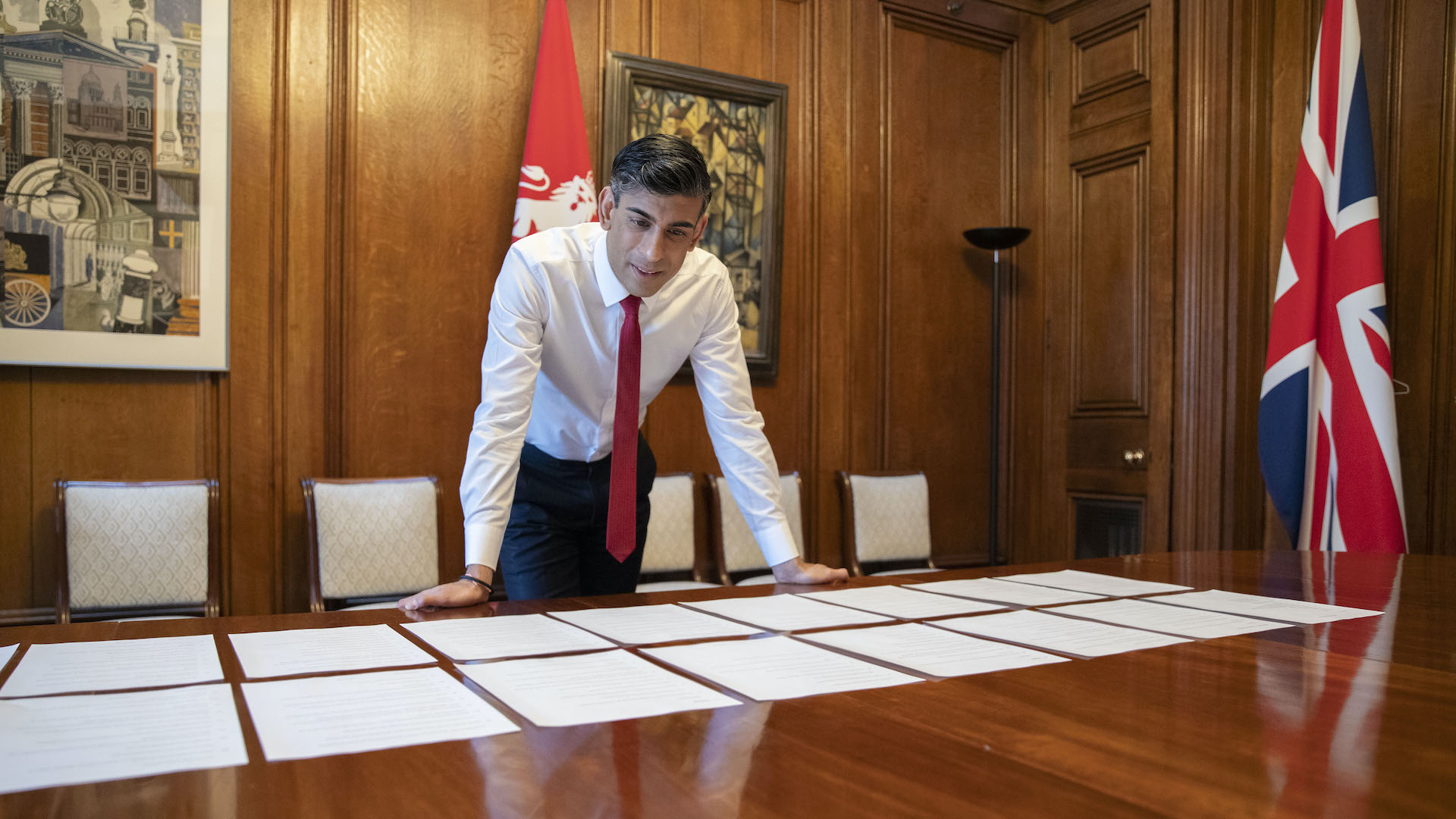When he stood up at the House of Commons’ famous dispatch box for his Spring Statement, Chancellor Rishi Sunak had a clear narrative about the UK economy and the difficult months that are to come.
The UK, he said, was coming out of the economic doldrums of coronavirus strong, with world-beating economic growth, with less inflation than other countries, and with great wage growth. Everything was going well – until Russia invaded Ukraine.
So great was the UK’s determination to stand up to Russia that we sanctioned 1,000 individuals and companies (the majority of these were already sanctioned) and took other serious economic measures against Russia. These, he cautioned, would come with a price: we can’t impose pain on Russia without also imposing some pain on ourselves.
It’s a handy narrative for Rishi Sunak as treasurer. It accepts there is a cost of living crisis coming, but paints it not just as a result of the Russia/Ukraine war, but as a result of our doing the right thing over it – an implicit bid to tap into a sense of wartime solidarity. We will struggle to pay our bills because we are helping Ukraine so much.
The reality is, of course, totally different. Had Russia gone nowhere near invading its neighbour, we would be in a cost-of-living crisis. UK growth was relatively strong this year, but in large part this was because the UK (for largely technical reasons) experienced a deeper Covid recession than other countries.
Real wages had already been falling, even before the invasion, and energy prices were soaring. Sunak’s 1.25 percentage point tax hike on both employers’ and employees’ National Insurance was already due to kick in next month.









